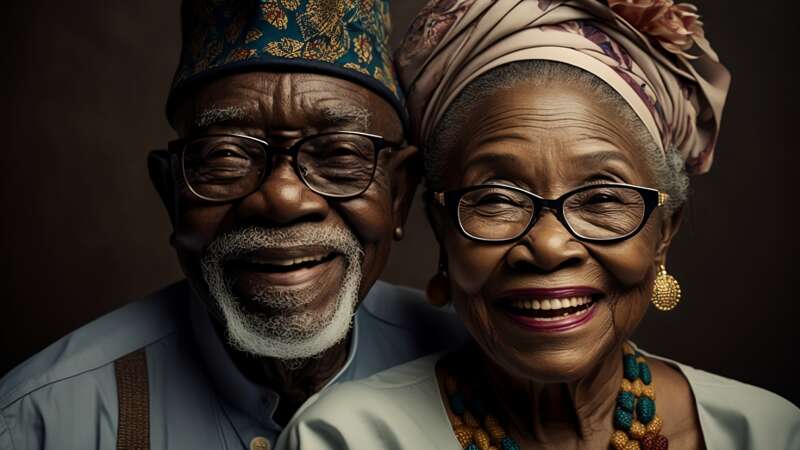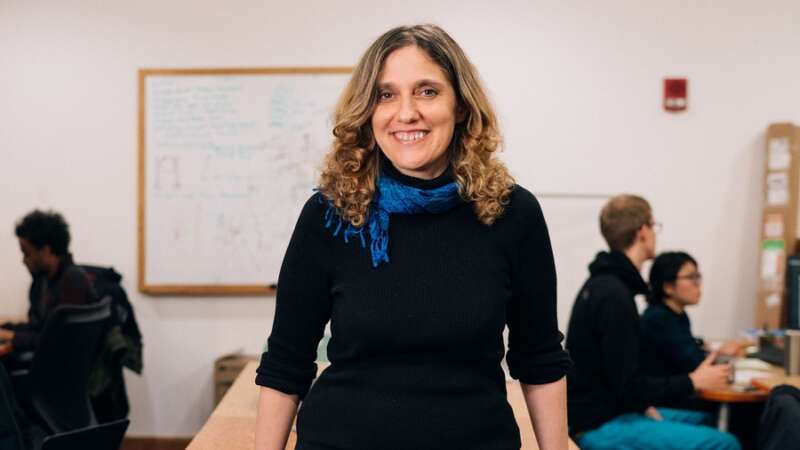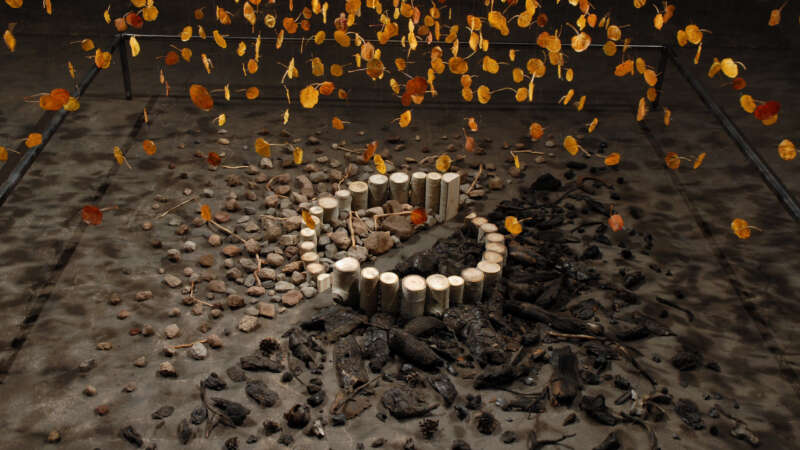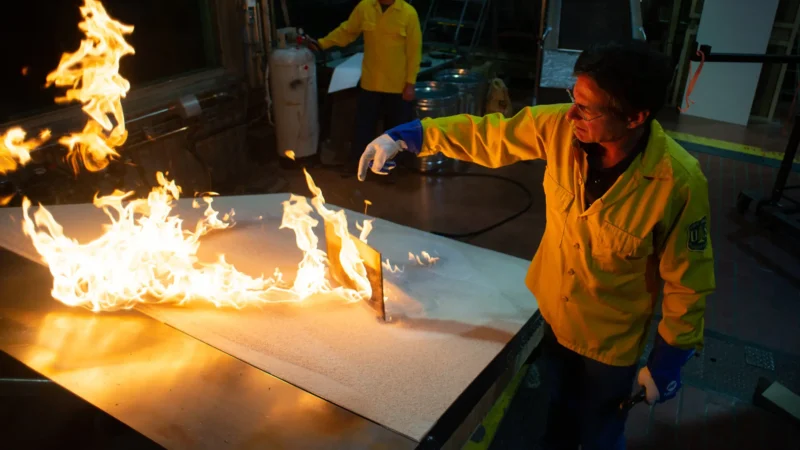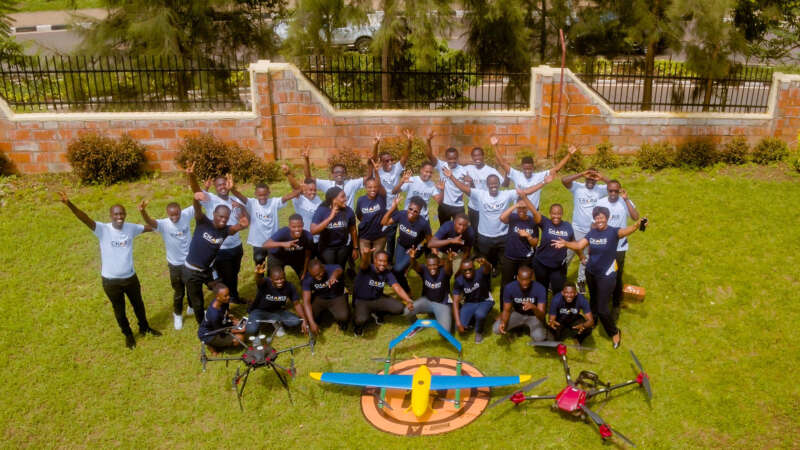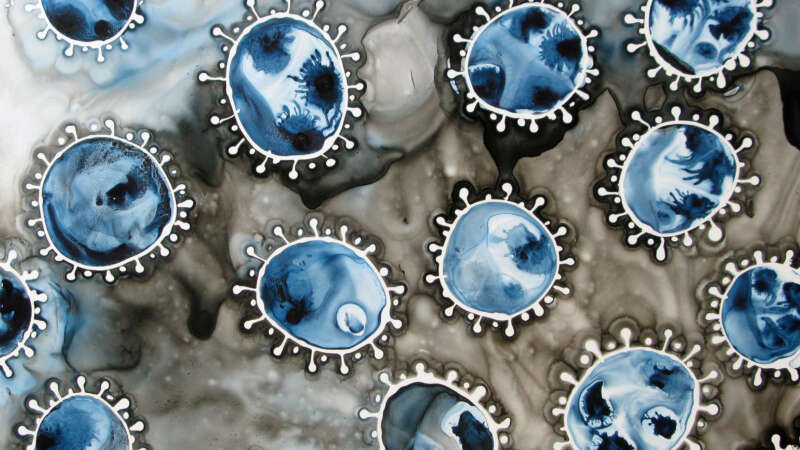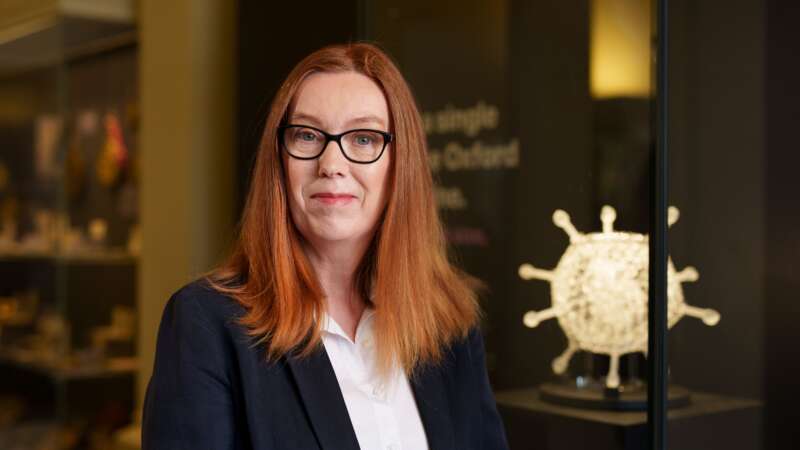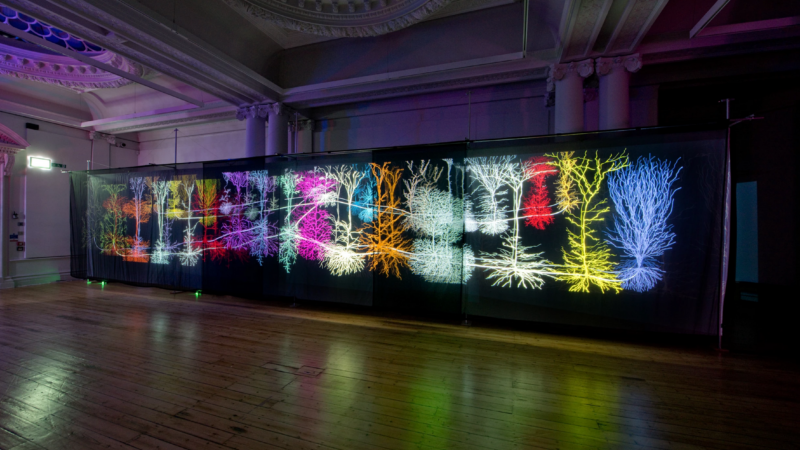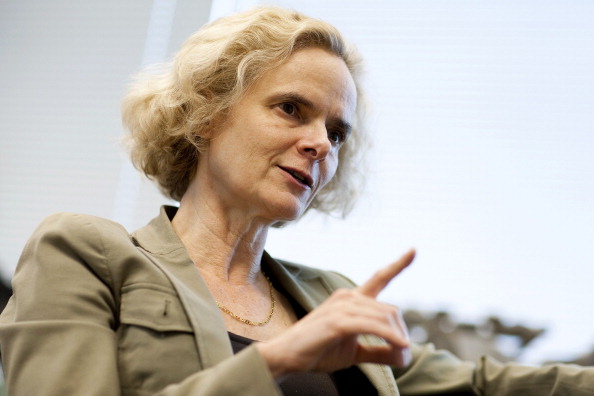Spotlight
Malik Afegbua: Storytelling at the Speed of Code
Malik Afegbua, born in Nigeria, considers himself a filmmaker, a visual artist, and a creative technologist. Afegbua is globally recognized for his ground-breaking use of artificial intelligence in storytelling.
A business-school graduate from the University of Surrey, he turned his focus to the creative realm in 2011 after receiving a Canon camera. This gift was the beginning of his career in photography, filmmaking and virtual storytelling. Today, he is the CEO of Slickcity Media, a Lagos‑based studio producing commercials, documentaries, VR experiences, and AI‑driven art for clients like Meta, Marvel Studios, IBM, American Express, and Cadbury.
His breakout project, The Elder Series, also known as “Fashion Show for Seniors”, emerged in early 2023 when he used technology to depict elegantly dressed older adults walking a runway – imagining aging as stylish, powerful, and full of color. This collection went viral worldwide, earning praise from the World Health Organization during its Decade of Healthy Aging initiative.
Dr. Regina Barzilay: From Patient to Pioneer
Dr. Regina Barzilay, a professor at MIT and a pioneer in artificial intelligence (AI), is not only moving the needle in science and technology – she is rebuilding the compass. Her work not only advances medical technology but also challenges how we think about diagnosis, treatment, and the human experience behind each.
Barzilay’s journey into medical AI did not begin in a lab. It began in a hospital room in 2014, when she received a breast cancer diagnosis. For most, that moment signals a personal battle. For her, it became something more. It became the beginning of a mission to reimagine cancer care through machine learning.
Bryan David Griffith: Art Born from Fire, Fueled by Purpose
Bryan David Griffith tackles big questions with simple materials. His art examines the tension between nature and culture, chaos and control, and life and loss. His engineering background brings a problem-solver’s mindset to his creative process, often inventing new techniques to serve each concept.
Griffith didn’t take a typical path into the art world. While studying at the University of Michigan, he found a beat-up photo manual, built a darkroom, and started experimenting. Later, disillusioned with a consulting job and its environmental impact, he quit, bought a van, and hit the road to become an artist.
Dr. Mark Finney: Changing How We Fight (and live with) Fire
Dr. Mark Finney is a Senior Scientist and Research Forester with the U.S. Forest Service at the Missoula Fire Sciences Laboratory. With a Ph.D. in wildland fire science from UC Berkeley, Finney has spent decades exploring fire as both an ecological force and a physical process. His work has laid the foundation for many of the wildfire behavior models used today across the country.
Finney is a strong advocate for rethinking traditional fire suppression strategies. He emphasizes the need to let “good fire” play its role in the landscape, using tools like prescribed burns and targeted fuel treatments to prevent more extreme fires down the line. His research has revealed that long-held beliefs about how fires spread, such as the role of radiant heat, are often incorrect.
Reuben Wu: Shedding New Light on the World
Reuben Wu, a multidisciplinary artist who utilizes aerial lighting with drones and long-exposure photography, to tell compelling stories about the world we inhabit.
Wu has helped redefine contemporary landscape photography, and his work is featured in the permanent collections of the Guggenheim Museum, The Metropolitan Museum of Art, and the MoMA.
Mamy Ingabire: Transforming Vector Control in Africa
Mamy Ingabire is an entrepreneur dedicated to using cutting-edge technology to address critical challenges across various industries.
As the Managing Director of Charis UAS, Rwanda’s first licensed drone company, she has played a fundamental role in advancing the use of Unmanned Aerial Vehicles (UAVs) to improve efficiency in vector control, agriculture, construction, mapping, healthcare, and more. Under her leadership, Charis UAS has leveraged drone technology to revolutionize data collection and digital solutions.
Michele Banks: The Pulse of Life in Ink and Color
Michele Banks, known as Artologica, is a Washington, D.C.-based artist using watercolor and ink to explore themes such as cell division, neuroscience, the microbiome, and climate change. Her pieces capture a slightly abstracted scientific imagery, creating beautiful interpretations of biological and environmental processes.
Banks has exhibited her work at the National Institutes of Health (NIH), the American Association for the Advancement of Science (AAAS), and major scientific conferences, including the Society for Neuroscience and the American Society for Microbiology. Her art has appeared on journal covers, in textbooks, and in publications such as Scientific American, The Scientist, and Wired.
Dame Sarah Gilbert: The Scientist Who Helped Save Millions of Lives
Dame Sarah Gilbert, Born in April 1962, is a vaccinologist whose groundbreaking work on the Oxford AstraZeneca COVID-19 vaccine has saved millions of lives worldwide.
In 1983, Gilbert graduated with a Bachelor of Science in Biological Sciences from the University of East Anglia. She then pursued a PhD at the University of Hull, focusing her studies on the genetics and biochemistry of the yeast Rhodosporidium toruloides, and earned her doctorate in 1986.
Andrew Carnie: Immersing Audiences in Science
Andrew Carnie is a notable contemporary visual artist with a global exhibition footprint, based in the UK.
An emeritus fellow at the Winchester School of Art, Southampton University, Carnie’s work focuses greatly on the intersection of art and science. In fact, he has a blog focused on just that.
While he frequently collaborates with scientists, his creative approach remains broad and unconstrained by specific media, adapting his methodologies to the context and themes of each project.
Dr. Nora Volkow: The Brain Behind Modern Addiction Research
Dr. Nora Volkow, a distinguished neuroscientist, is an important contributor in the fields of addiction science and mental health research.
Born in Mexico City in 1956, Dr. Volkow demonstrated academic prowess from the start, attending the National University of Mexico’s Medical School, where she was awarded the prestigious Robins Award for being the best medical student of her generation. She attending New York University to further her expertise in psychiatry, earning a Laughlin Fellowship for being one of the ten most outstanding psychiatric residents in the United States.
